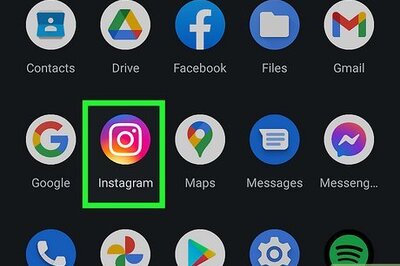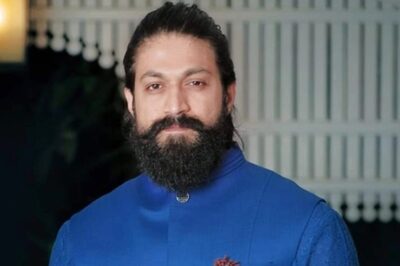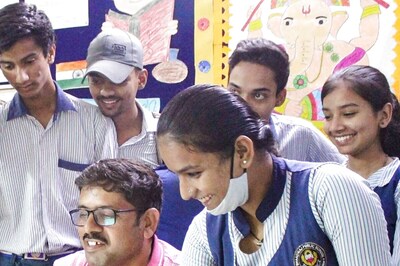
views
New Delhi: India's ruling coalition should battle the country's endemic poverty in a big way if it wants to win elections three years from now, an American political scientist has warned. Paul Wallace feels that the Congress-led United Progressive Alliance (UPA) is 'honestly trying' that.
But he says it will have to show 'some signs of progress' if it wants to avoid the 2004 fate of the Bharatiya Janata Party (BJP) in the next parliamentary elections.
Wallace, who is Professor Emeritus of Political Science at the University of Missouri in Columbia, also said that a 'subcontinent' like India would not see a two-party system for a long time to come.
"Prime Minister Manmohan Singh, who I knew when I was doing my PhD in Panjab University, he and elements in the Congress are honestly trying (to fight poverty). Efforts are being made but they don't seem to be sufficient. But politically, they have to be more successful than seems to be apparent now. Or, in 2009, the anti-incumbency factor will work then. It worked in 2004 against the BJP and it could work against the UPA unless there is some sign of progress," Wallace said.
The issue of poverty, Wallace said, was key to understanding why the Indian voters behaved the way they did in 2004 when the BJP-led National Democratic Alliance (NDA) was voted out in an election nobody thought they would lose. "The absolute number of poor in India today is larger than the population of India at independence. The fact that the percentage might be going down is one statistic. But the absolute number is enormous. And if one looks at the global figures of poverty, India's record is not very good."
"India is very good at IT, manufacturing is booming... the new national highway system is to be commended. A number of other developments are truly meritorious. At the same time, the problem of how to deal with the poor has still not been addressed."
Along with Ramashray Roy of New Delhi's Centre for the Study of Developing Societies, Wallace is the editor of India's 2004 Elections (Sage), which has informed overviews of various aspects of that electoral contest. Asked if a two-party system would emerge in India, Wallace replied: "No, not for a long time. My comparison is with Europe."
"There's the European Union for a continent with many different parties and groups and is still taking shape. India is a sub-continent. It's as big as Europe and the population is as big as Europe, and to have a two-party system in this structure may not be the best for democratic politics."
Wallace, who has been a consultant on South Asia to members of the US Senate Foreign Relations Committee, gave full marks to India over Sonia Gandhi, an Italy-born who heads UPA and the Congress, the country's oldest political party.
"I don't know of another country that provides such a position for someone who comes from another part of the world," he said. "She is a phenomenon. But she is also representative of India's ability to incorporate diverse elements. And she does this marvelously.
"She is Indian in her appearance now. Her Hindi may still be 'kutcha' (weak), but she's become an Indian." He agreed that it was the Nehru-Gandhi legacy that 'holds the Congress party together, it's the cementing agent'.
He also pointed out the weaknesses in the Indian system. "Out of this emphasis on the family (in India) comes the notion that one must first help family members at any cost - and that sometimes extends to clan and the region. Then, India ranks very high on the corruption index."




















Comments
0 comment